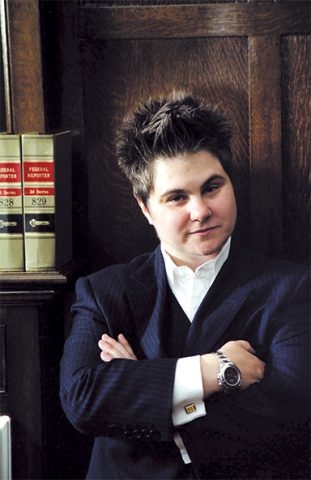Dear Yetta,
I was terminated from my office job six months ago in mass layoffs. I’ve since learned that, during my entire employment, I was paid less than the men who were doing the same job as I did. I talked to a friend of mine and she confirmed that we had indeed been making less than the guys. Is there something I can do about this?
Sincerely,
Enraged and Confused
Dear EC,
Losing your job is bad enough, but finding out that you were discriminated against while you were working certainly adds insult to injury. Discrimination can be insidious and hard to spot. There are many laws that make discriminatory pay actionable and each statute has its own rules, but consider the following:
First, there’s the Equal Pay Act (EPA) which prohibits employers from paying lower wages based on the gender of the employee. Under the EPA you have to bring the claim within two years of the first act of discrimination or within three years if the discrimination is intentional (your employer knew they were paying you less because you are a woman). Under the EPA you can recover back pay plus an amount equal to your back pay. However, you have to prove that your work was “equal” to that of men who were paid more and the difference in pay was not based on some other differential not related to your gender.
There’s also Title VII, which is part of the Civil Rights Act of 1964, which makes it unlawful to pay lower wages based on the employee’s race, gender, ethnicity, nationality, or religion. The Supreme Court took a lot of the bite out of Title VII in 2007 when they said that you had to bring a claim within six month of the decision to pay you less, which in some cases occurred years and years before the person found out about the discrimination. Luckily, in 2009 President Obama signed the Lily Ledbetter Fair Pay Act, which gives you 300 days from each paycheck that was a result of the discriminatory decision to file a claim.
This is just an overview; if you feel like you have been wrongfully terminated, you should contact an attorney sooner than later.
—Yetta
—
Email questions to to kurland@kurlandassociates.com or call 212-253-6911.
*This column is not a consultation with an attorney and should in no way be construed as such or as a substitute for such consultation. Anyone with legal issues or concerns should seek the advice of her own attorney.


What Do You Think?